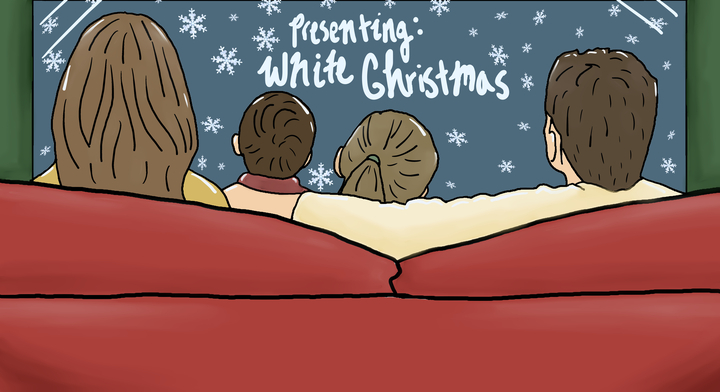What Makes Holiday Movies Timeless: A Review of Three Classic Holiday Films
December 16, 2020
There’s a good reason why holiday movies have a genre for themselves. There must be something special about them to call us back to them year after year, when most other movies have an entertainment expiration date of a few viewings.
So, what is that special something that these movies possess which all but guarantees their infinite longevity as classics? In the hopes of finding the answer to this elusive question, I analyzed the Norse Star’s Instagram followers’ top three holiday favorites: “How the Grinch Stole Christmas,” “Elf,” and “Home Alone.”
Upon first inspection, there doesn’t seem to be much in common for these three movies other than their unmistakable holiday theme. Their protagonists vary wildly, from a mythological “grinch,” to a young boy, to a quasi-elf.
However, these characters all share a key character experience: being overlooked and ostracized by the people whom they crave acceptance from the most.
For Kevin in “Home Alone,” this comes in the form of being left behind on his family’s vacation and being picked on by his older siblings. Similarly, Buddy in “Elf” finds himself rejected by his biological father both at birth, when he is given away for adoption, and when he first meets his father in New York City. The Grinch finds himself pushed away by the community he desires acceptance from and later exiles himself to Mount Crumpit when he doesn’t receive it.
These characters all come from humble and lonely beginnings, but through the crazy and greatly exaggerated experiences that make up the bulk of the plot, they eventually find themselves reconciling with their loved ones and finding belonging. The Grinch, Kevin, and Buddy are embraced by their family or community after making amends and their genuine happiness lights up the screen.
Cindy Lou from “The Grinch” even proclaims that, “No matter how different a Who may appear, he will always be welcomed with holiday cheer.” As an audience, we can relate to this universal experience of forgiveness and making up with those we previously fought with. We can be empathetic about the struggles of these characters, because we can understand their misguided actions and unfortunate miscommunications with others as we do our own. Even the most stubborn of characters like Kevin turn around in the end, admitting: “Will you please tell Santa that instead of presents this year, I just want my family back.”
That mentality of reconciliation is, in essence, what makes a holiday movie what it is. Although it goes by many names — the “holiday spirit,” “the meaning of Christmas,” or simply the time to make amends — it is invariably the central theme of these movies. It is what makes these movies true timeless holiday films that we can return to every wintertime.







